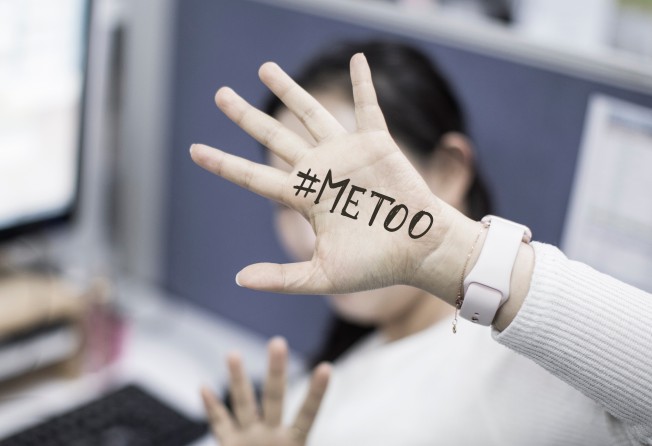Sports groups must act on policies to deal with sex harassment
- Almost half of 79 Hong Kong sports groups failed to respond to an Equal Opportunities Commission survey asking if they have developed or were developing a written policy on sexual harassment
- It is in their interest to do so but if they do not then stronger compliance measures will have to be imposed on them

Sexual harassment in sports is nothing new. The case involving a Hong Kong hurdler allegedly abused by her coach years ago underlines the vulnerability of aspiring young athletes. What is shocking, though, is the lack of clear policies and guidelines among sports groups in tackling such matters. It makes a mockery of the city’s decades-long efforts to enhance awareness and compliance.
The good news is that of the 42 sports groups that responded to a survey by the Equal Opportunities Commission, 39 said they had developed or were developing a written policy on sexual harassment. This is a more than fivefold increase from the last survey in 2014. But it says something when nearly half of the 79 sports groups have snubbed the watchdog’s inquiry. Presumably, they do not think it is an important issue or are too shy to admit that they do not have a policy.
But having a policy is not enough. About three-fifths of the respondents did not provide awareness training to their employees and coaches; about 62 per cent said they just did not have the resources to do so.
As in other domains, the involvement of trust, authority and discipline in sports training gives room for abuse. This is further compounded by factors like frequent physical contact and the athlete’s overriding desire to win. That explains why victims may put up with coaches or leaders’ misbehaviour in return for opportunities to shine. The watchdog’s survey found that six sports groups had received a total of seven sexual harassment complaints over the past three years. The need for better safeguards is evident.
The sector is not alone in lacking mechanisms to deal with the problem. According to another survey by the commission in 2017, the level of awareness among social service groups was also undesirable. About half of the bodies which responded have not developed a policy or provided staff training. Even though most recognised that there should be zero tolerance towards harassment and abuse, most of those with a policy actually omit details like reporting and disciplinary actions for offenders.
It has been suggested that the formulation of sexual harassment policy should become a criterion of government funding in future. Such a move can certainly induce compliance, but will the same principle be extended to subvented bodies in other sectors?
Having had in place a law and a statutory watchdog against sexual discrimination and harassment for decades is no guarantee of awareness and compliance. The formulation of a written policy will become meaningless if it is not matched by actions. For those which have yet to make a start, it is in their interest to do so or stronger compliance measures would have to be imposed on them.